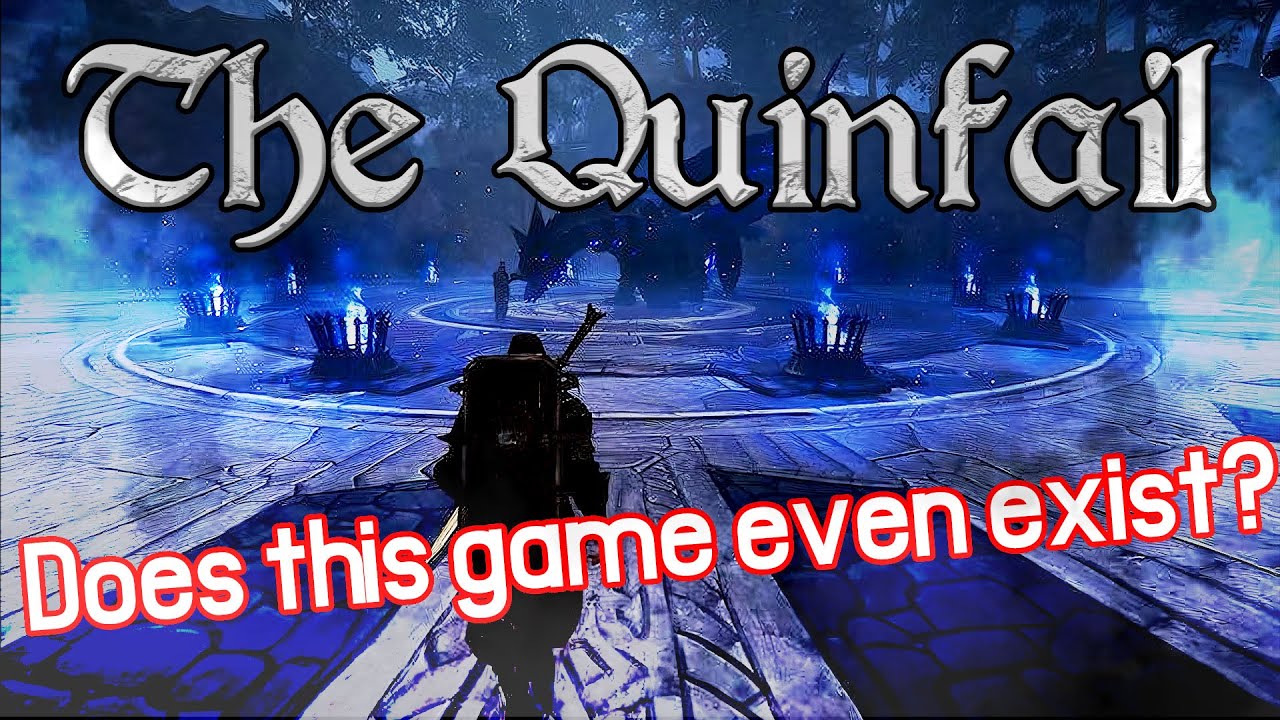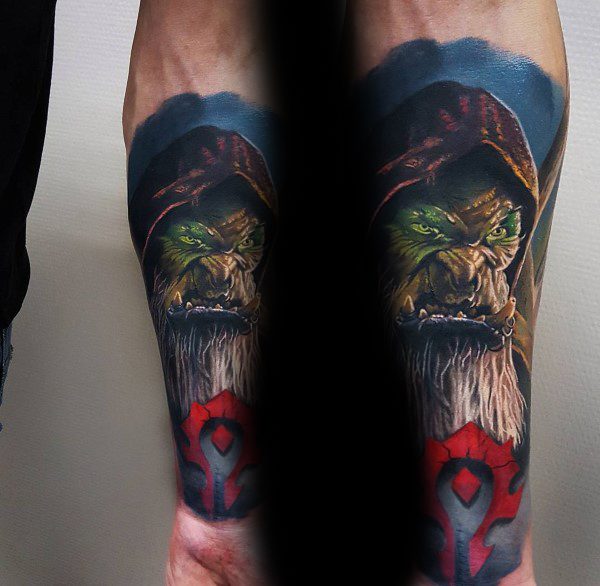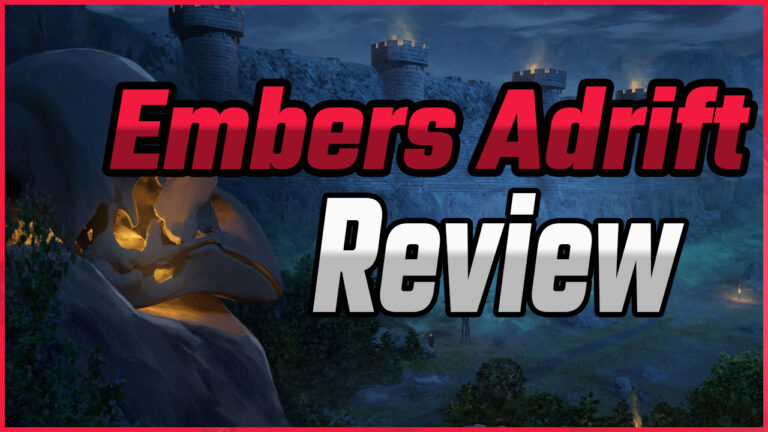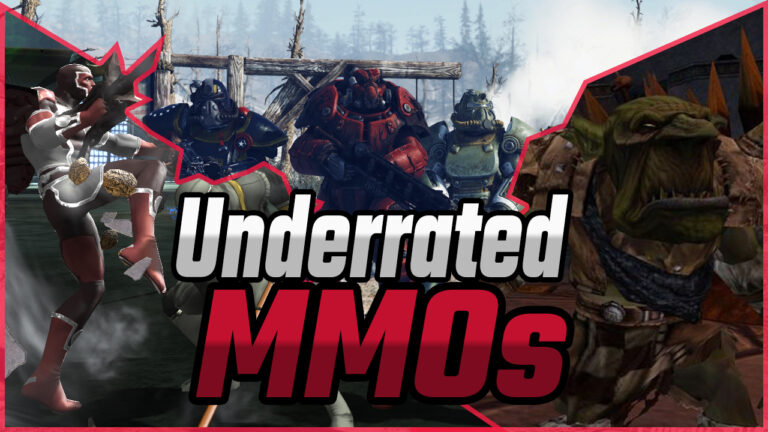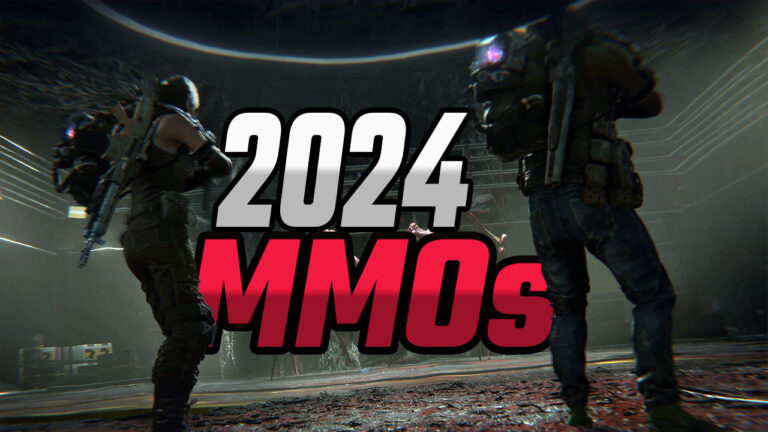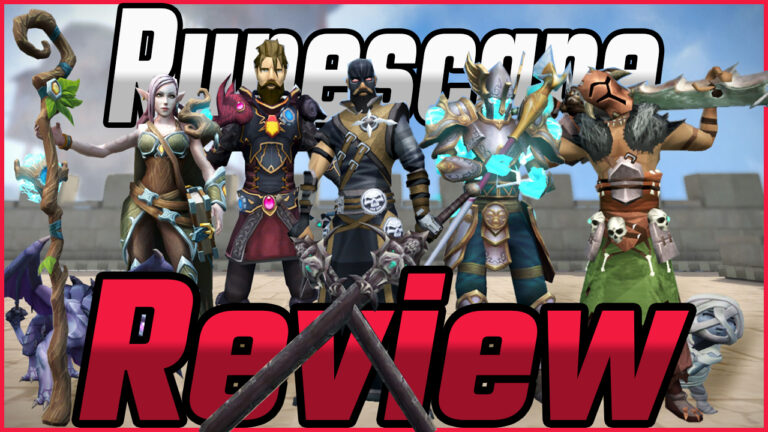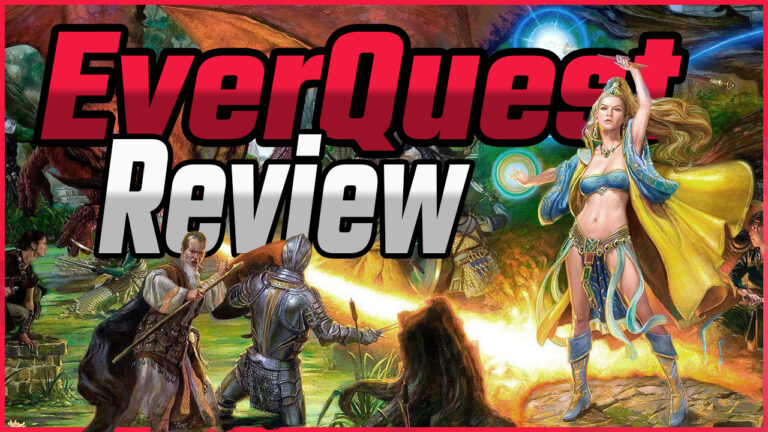The Quinfall: A Warning on Asset Dependency and Pre-Order Scams
In an exposé posted last, YouTuber Nuion scrutinized the game “The Quinfall,” revealing a heavy reliance on purchased assets and pre-fabricated models, raising concerns about the game’s originality and potential as a pre-order scam. The video was mostly largely unnoticed in the MMO community until popular streamer and YouTuber Asmongold reacted to it earlier this week.
Nuion dissected the game’s trailer, noting an extensive use of assets from stores, a common practice in development for prototyping but problematic when a game is primarily composed of these.
The video delves into each component of the game, from basic attacks to intricate environmental designs, pointing out the original sources of these assets, predominantly from the Crypto FX pack and other well-known asset stores. Nuion estimates the cost for these assets used in the trailer, suggesting a surprisingly low investment for what is presented as an expansive and unique MMO game. The commentary becomes particularly critical of the use of these assets in portraying the game’s unique features. Nuion argues that while using assets for non-central parts of a game is acceptable, the one-to-one use without significant modification or original contribution diminishes the game’s uniqueness and misleads potential players.
The video highlights several specific elements, from enemy designs to magic effects and major landscapes, all traced back to commercial asset packs. One of the main criticisms is directed at the repetitive use of specific packs for varied elements within the game, leading to a lack of originality and innovation. The concern extends to the overall presentation of the game in its trailers and promotional material, suggesting that what is shown might not accurately represent an original or fully developed game but rather a clever assembly of existing assets.
Towards the end, the video serves as a cautionary tale, urging viewers to be skeptical of games that seem overly reliant on purchased assets and to refrain from pre-ordering without concrete evidence of the game’s development and originality. Nuion’s analysis concludes with a stark warning against potential pre-order scams, emphasizing the need for only 17 gullible individuals to recoup the asset costs used in the trailer, posing a risk for unsuspecting gamers.
Update
Due to the popularity of the video post Asmongold reaction, Nuion has posted an update titled “The Quinfall Deep Dive…” which points out several other issues with the game.
Nuion, a critical YouTuber in the gaming sphere, has released a new video delving deeper into the controversies surrounding the game “The Quinfall.” This update brings to light new evidence and discussions that raise further doubts about the game’s existence and development practices.
The Quinfall Discord server has become a battleground of opinions, divided into four camps: defenders of the game, critics, neutrals, and followers of popular streamer Asmongold. The developers’ engagement in the server is noted for being more verbal than demonstrative, failing to show evidence to back their claims about the game’s capabilities, such as handling 10,000 players on a server. This lack of tangible proof has fueled community skepticism.
Nuion continues to uncover more pre-made assets used in the game, reaffirming the concern over the game’s reliance on these components. He highlights the use of a city pack in various scenes, stressing that while using assets is acceptable, an over-dependence suggests a lack of commitment to original development. This practice undermines the authenticity of the game’s world, as demonstrated by Nuion’s revelations about the game’s promotional materials.
Further investigation into the game’s promotional strategies has revealed alarming practices. Nuion points out the reuse of the same image with minor alterations, as well as the use of a stock photo with the company name photoshopped onto it, which was later removed from the game’s website. These actions suggest a superficial approach to marketing and raise doubts about the game’s credibility.
The video also uncovers striking similarities between Quinfall’s UI and that of the popular MMO Black Desert, casting shadows on the game’s originality. Additionally, Nuion raises concerns over the game’s written content, which often appears nonsensical and repetitive, further questioning the professionalism and seriousness of the development.
Nuion delves into the history of the developers’ previous game, KRA Online, which never saw full release and had controversial practices, including a cash store in beta and partnership with a real-money trading (RMT) website. This history, combined with Quinfall’s approach to asset use and marketing, paints a troubling picture of potential repeat behavior.
The video ends with Nuion speculating on the potential for Quinfall to feature a paid beta with an in-game store, based on past patterns. He urges caution and skepticism among the gaming community, highlighting the need for transparency and originality in game development.
Nuion’s latest video not only reinforces previous concerns about The Quinfall but also introduces new elements that deepen the skepticism around the game’s development and marketing practices. The revelations about asset dependence, marketing misrepresentations, and questionable historical practices of the developers serve as a cautionary tale for both gamers and developers in the MMO space.

